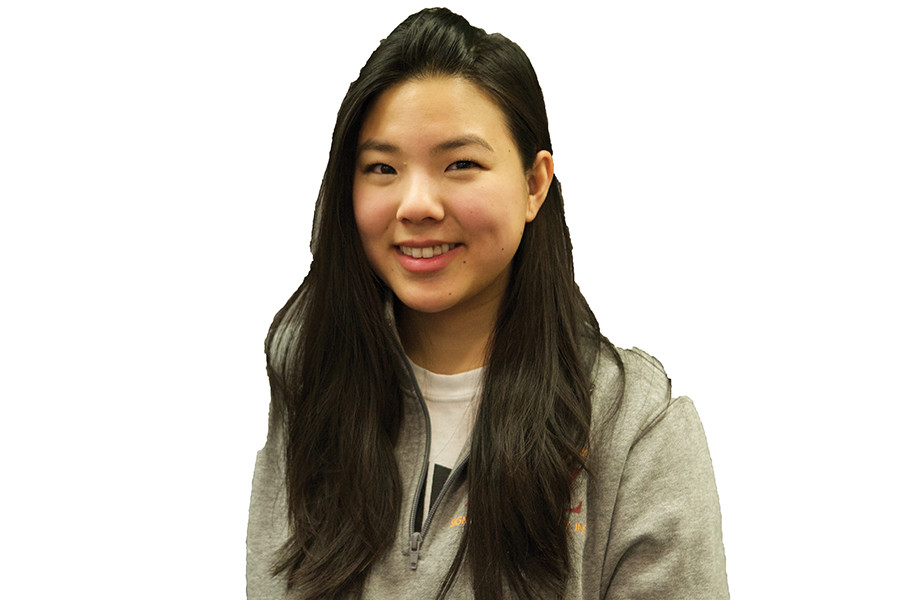Zhang: Technology isn’t tearing us apart, it’s saving us
January 4, 2016
For Christmas, my sister and I taught my mom how to take a selfie.
At that moment, despite artists creating poignant works demonstrating our society’s addiction to cell phones, despite publications ranging from The New Yorker to The Atlantic claiming that technology has decayed our relationships, we bonded over technology and enriched our relationship. As it turns out, technology can actually be good for people. Who knew?
Those publications simply reflect how many Americans feel about the issue; more than 70 percent think technology is weakening our relationships, according to an NBC News poll. There is also a generation gap on technological perspectives. The older you are, according to the poll, the less likely you are to believe that social media can improve our social connections. However, there are many defenses of smartphones of cell phones and technology at large. Social media allows us to connect with people regardless of physical location. We can keep up with each others’ lives even without constant contact. As was the case with my family, technology can be used to bridge the gap between generations.
However, we should consider that the value in using technology does not lie in our ability to connect, but in our ability to disconnect from our environment. The importance of being able to tune out of emotionally damaging conversations or situations should not be overlooked when it comes to self-care.
Self-care is exactly what it sounds like: taking steps to ensure one’s own physical and mental well-being. Acts of self-care can range anywhere from taking a hot bubble bath to meditating. To put this in perspective, self-care is choosing a few hours of sleep over turning in an assignment on time. Unfortunately, Northwestern students do not always prioritize healthy behaviors, in many cases lacking self-care in particular. This is where cell phones actually help.
For many, going home for the holidays can mean being put in an environment where one’s identity or mental health is not respected. During awkward gatherings with extended family, phones provide a way out of conversations that are potentially triggering, especially for those with mental health disorders. As great as family can be, people should also prioritize their own health. Sometimes they should go on Facebook rather than talk to a vaguely racist and not-vaguely old-fashioned uncle. Sure, dialogue and communication is important to change perspectives on issues, but there are some people that you will not be able to change, particularly if they do not even respect you as a person. Not only does a smartphone provide an escape, but it means that someone in a situation can additionally reach out to their support system.
Furthermore, situations depicted in such works as Eric Pickersgill’s “Removed,” wherein two people are both focused on their phones rather than each other, signify a specific level of comfort. When two people are able to comfortably be in each other’s company — “alone together” as author Sherry Turkle would lament — is demonstrative of an understanding that is neither hurt nor offended by a lack of constant focus and attention. They do not need an unending flow of conversation or interaction to feel connected.
Although technology and social media can cause harm when used in an unhealthy excess, they have plenty of benefits both for our relationships and for our mental health. Unless we are all to become Luddites, destroying our cell phones as we blame them for the decay of society, technology is here to stay. Rather than bemoaning its presence, we should embrace it, recognizing how we can best maximize its benefits while minimizing the harmful impacts. Remember that technology can help us to bridge our differences, create new connections while enriching our existing ones and can be an important resource in self-care as well.
Andrea Zhang is a Medill sophomore. She can be contacted at [email protected]. If you would like to respond publicly to this column, send a Letter to the Editor to [email protected].
The views expressed in this piece do not necessarily reflect the views of all staff members of The Daily Northwestern.


